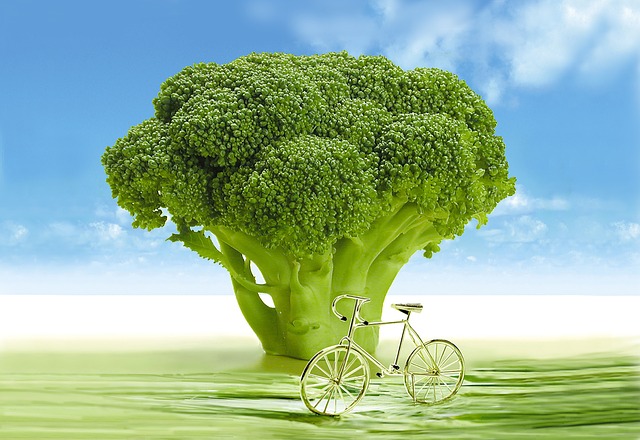
Nutrition for Herniated Discs
A diet for herniated discs is surprisingly similar to a diet for good spinal health, excepting that you probably need an extra boost of anti-inflammatory nutrients to reduce painful inflammation and help you focus on healing. Nutrition for the herniated disc is directly related to the anatomy of the injury: spinal discs are made up of 2 layers.
- Annulus fibrosus: the outer layer, made up of strong collagen fibers.
- Nucleus pulposus: the inner layer, composed of looser fibers that allow for movement and shock absorption.
Because the injury involves the annulus fibrosus becoming strained and splitting, we want to focus on consuming ingredients that help rebuild and fortify the existing cartilage that makes up the structure. Foods to consider include:
- Vitamin C: helps to form collagen, which binds and supports tissue.
- Sulfur-rich foods: supports collagen production, includes foods cruciferous vegetables like cauliflower, broccoli, and Brussels sprouts.
- Glucosamine sulfate: often found in supplement form, this is great for helping the body to form chemicals that help with cartilage repair.
- Omega-3 fatty acids: for their anti-inflammatory properties which help with pain.
As part of a holistic health plan, nutrition is one of the three big elements along with exercise and physical therapy that will help you heal quickly. Your injury could be the wake-up call you need to start eating a more balanced diet to account for the degradation that naturally occurs to our bodies over time. If you are suffering from a herniated disc, it’s time to give our office a call. We specialize in helping you create a plan that incorporates nutrition with chiropractic care and corrective exercise to help you address your pain, get back on your feet and repair the injury fully.